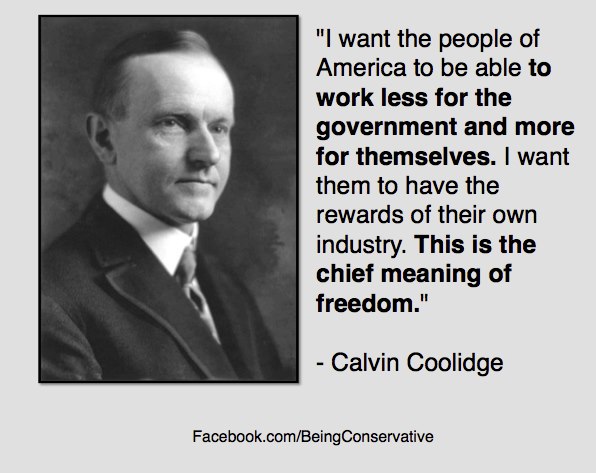
Category Archives: Colorado Legislature
There’s Nothing “Modest” About Taking Away People’s TABOR Refunds PERMANENTLY

So True Nationwide But Especially Here In Colorado
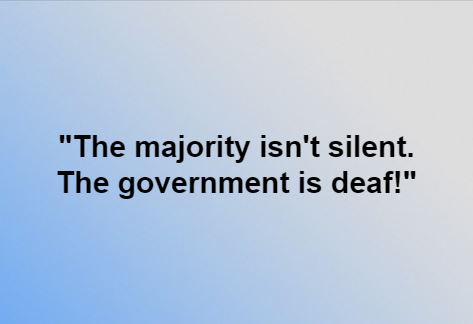
Liberals Used To Be The “Tax & Spend” Party But They Have Completely Turned That Around
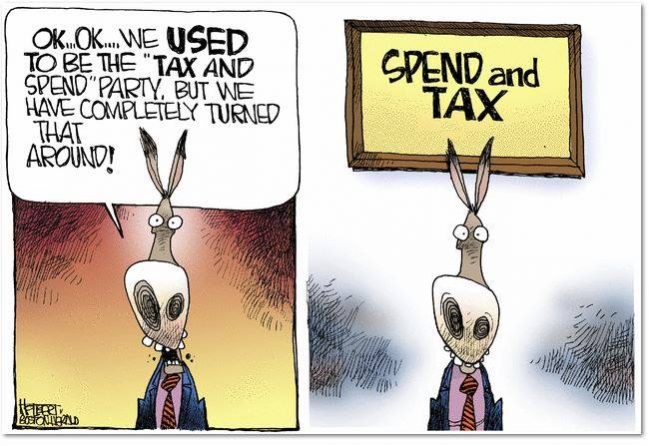
The Probability Of Getting Fooled On April Fools vs Election Day
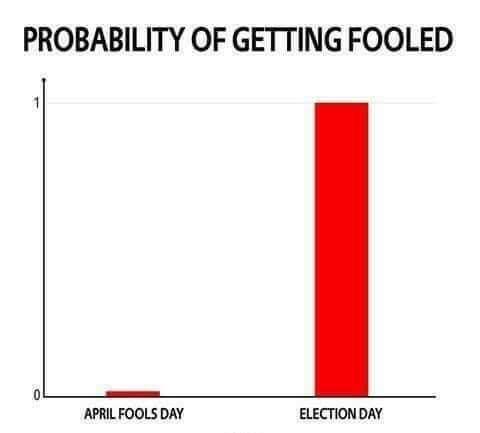
Do We Need Government To Solve All Of Our Problems?
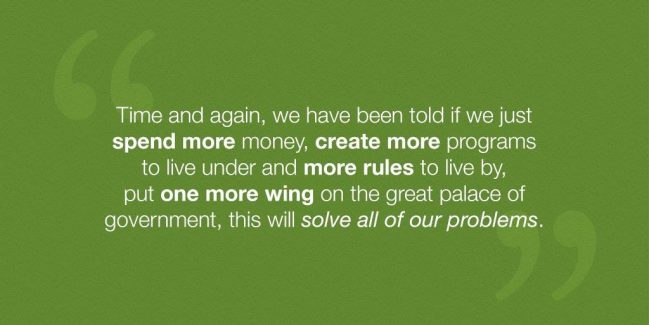
I Will Resist You If You….

Coloradans may face 4 spending questions this year. Will new nicotine tax measure overload the ballot?



Coloradans may face 4 spending questions this year. Will new nicotine tax measure overload the ballot?
The proposal, announced Wednesday by Gov. Jared Polis and Democratic state lawmakers, would set a uniform nicotine tax at 62 percent. That would lift the taxes on a package of cigarettes to $2.49 from 84 cents.
Why #TABOR Matters on April 25
#TheBottomLine
#TABOR
#ThankGodForTABOR

Ending Taxpayer’s Bill of Rights refunds a deservedly tough sell to voters
Sharf: Ending Taxpayer’s Bill of Rights refunds a deservedly tough sell to voters
Another year, another legislative attempt to erode Colorado’s Taxpayer’s Bill of Rights (TABOR).
TABOR opponents, bored with chipping away at the law’s foundations, have broken out the chainsaws. On the one hand, legislative Democrats are ignoring the plain language of TABOR and unilaterally enacting a universal income tax increase without a statewide vote, by calling it a “fee.”
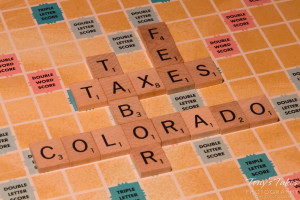
And on the other hand, they are proposing a ballot referendum to waive the law’s taxation restrictions. According to TABOR, any increase in general revenue above the previous year’s plus inflation and population increase must be refunded to the people. House Bill 19-1257 would remove that restriction, allowing the state to keep any and all tax revenue, forever.
In return, the money that was kept would go to transportation, transit, public education, and higher education. Theoretically, anyway. Such a deal might seem to have some superficial appeal to Colorado voters, but recent experience strongly suggests this may be a harder sell than proponents expect.
We don’t know where Referendum C dollars go
HB 1257 is Referendum C on steroids. In 2005, voters approved a temporary “time-out” from TABOR’s spending restrictions, allowing the baseline to grow at the inflation plus population formula regardless of what revenues actually did. Referendum C has allowed the state to keep about $17 billion, including over $1.2 billion in the last fiscal year alone.